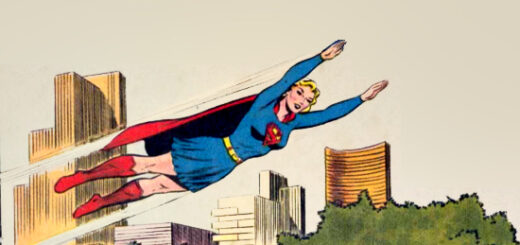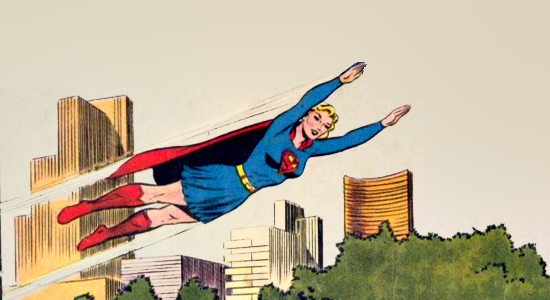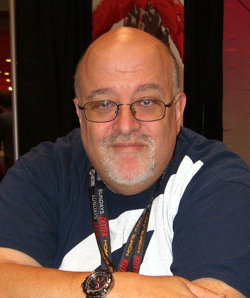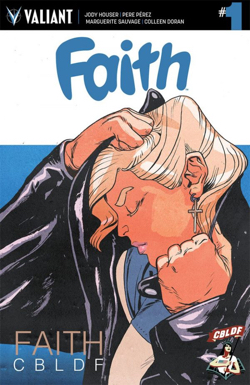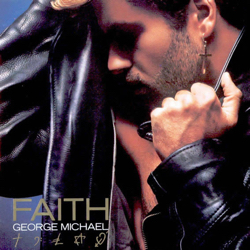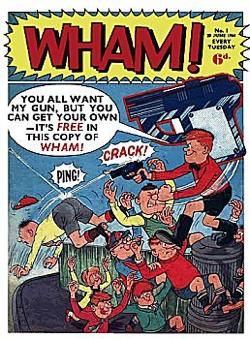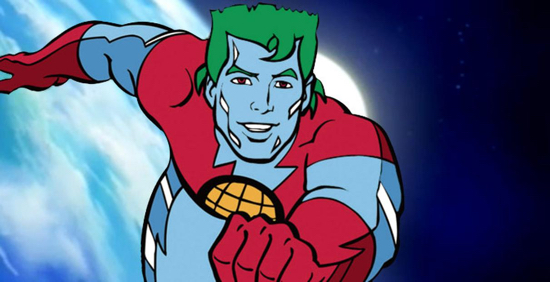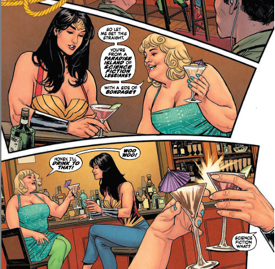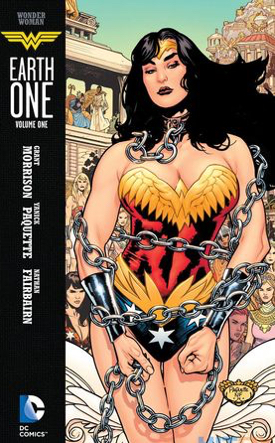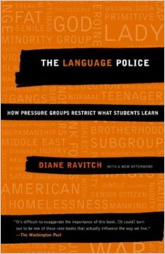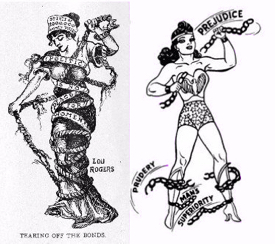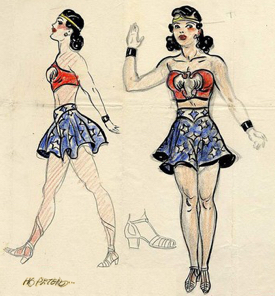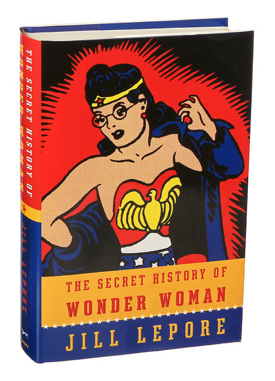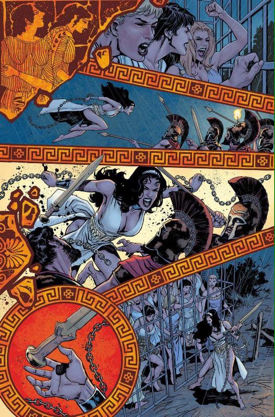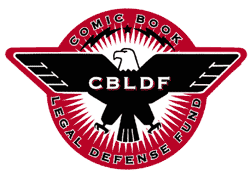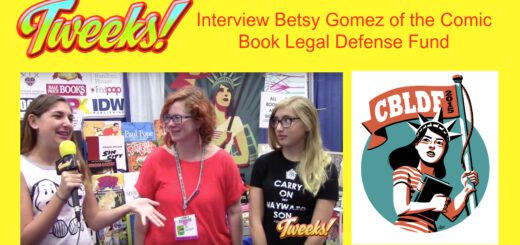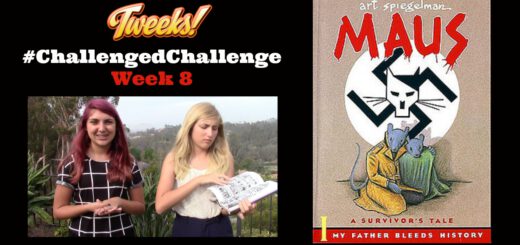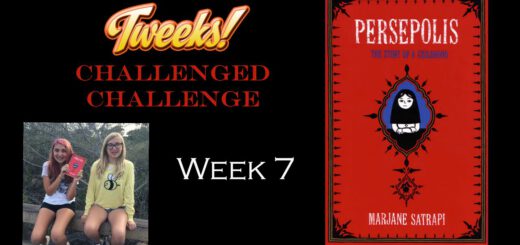Martha Thomases: The Living Supergirl
When I’m lonely, I read.
I read at other times, of course. But books, unlike humans, are always there for me. Books don’t move away, die, or vote for Trump.
I bring this up because it’s part of my New Year’s resolution.
All of us, no matter who we might be, occasionally feel like we don’t fit in. We aren’t cool enough, or we have a funny name. We might be too fat or too thin, too tall or too short, too rich or too poor. We could be too dark or too fair. We might speak differently than other people. We might be too butch or too femme, too queer or too straight, too old or too young. We might be too nerdy or too much of a jock. We might feel so different from everybody else that we don’t even have the words to describe all the ways in which we feel different.
There is no doubt in my mind that this has been true throughout recorded human history. However, modern technology makes it easier to track this phenomenon and quantify its dangers.
At the same time, there are ever newer and more technologically advanced ways to bully the kids who are most vulnerable.
When I was a girl, I often felt like the odd person out. I was too much in my head, worrying about how I appeared to other people, if they could see through me and knew what a sham I really was. At the same time, I felt like no one saw the real me, and I might go through life without ever being loved or accepted.
Naturally, I loved Supergirl.
The Supergirl of my youth was not the glamorous character you see on The CW every week. She was a girl with mousy brown braids (like mine!) who lived in an orphanage, with no one to confide in but her cat and her robot double hidden in a tree. When her cousin, Superman, finally revealed her existence to the world and she was applauded, I felt like that applause was a little bit for me.
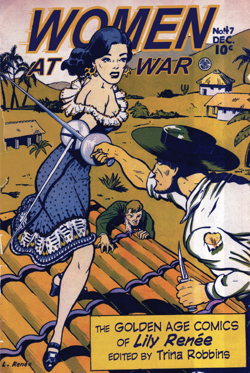 Later, I would find other comics and books that seemed to understand what I was going through. Whether it was J. D. Salinger or Ray Bradbury or Will Eisner or Trina Robbins or David Sedaris or Caitlan Moran – among many others – I found company in books.
Later, I would find other comics and books that seemed to understand what I was going through. Whether it was J. D. Salinger or Ray Bradbury or Will Eisner or Trina Robbins or David Sedaris or Caitlan Moran – among many others – I found company in books.
Still, it was Supergirl who really understood me.
Teaching children the value of reading is a wonderful thing. It’s a tool they can use to get them through their entire lives.
I don’t mean “value” in terms of money or career potential, although I am in favor of both cash and jobs. I mean that the entertainment, comfort and contentment that curling up with a book is even more valuable than dollars. Somewhere in the world, there is a novel or a series of personal essays that articulates how we feel. When we find that book, we feel understood.
I resolve to share my love of reading with kids who really need it.
So, how will I carry out this resolution? It would be lovely if each of us had the time and resources to reach out to as many young people as possible and teach them how much pleasure they can get from reading. Alas, that is not always true. Still, there are lots of other things we can do.
Do you have a few free hours? You could volunteer at your local library. What better way to share a love of reading than by directly modeling it in your own community.
Pressed for time and space? You can give your old books to charities that will distribute them to where they are most needed.
For better or worse, the books that are the most comforting to children and young adults are most likely to be the ones targeted by free speech antagonists. If I were the kind of person to believe in convoluted conspiracies, I might think that those in charge don’t want a citizenry that is self-confident, engaged and able to think for themselves. In any case, it is important for people all over the world to find those books that speak to them. Therefore, I’m going to continue to support the Comic Book Legal Defense Fund. They’ve done good work for decades, but in the past few years, they’ve really upped their game in terms of making graphic novels available for schools.
In 2017, I resolve to do more of this. I urge you to consider doing the same.

